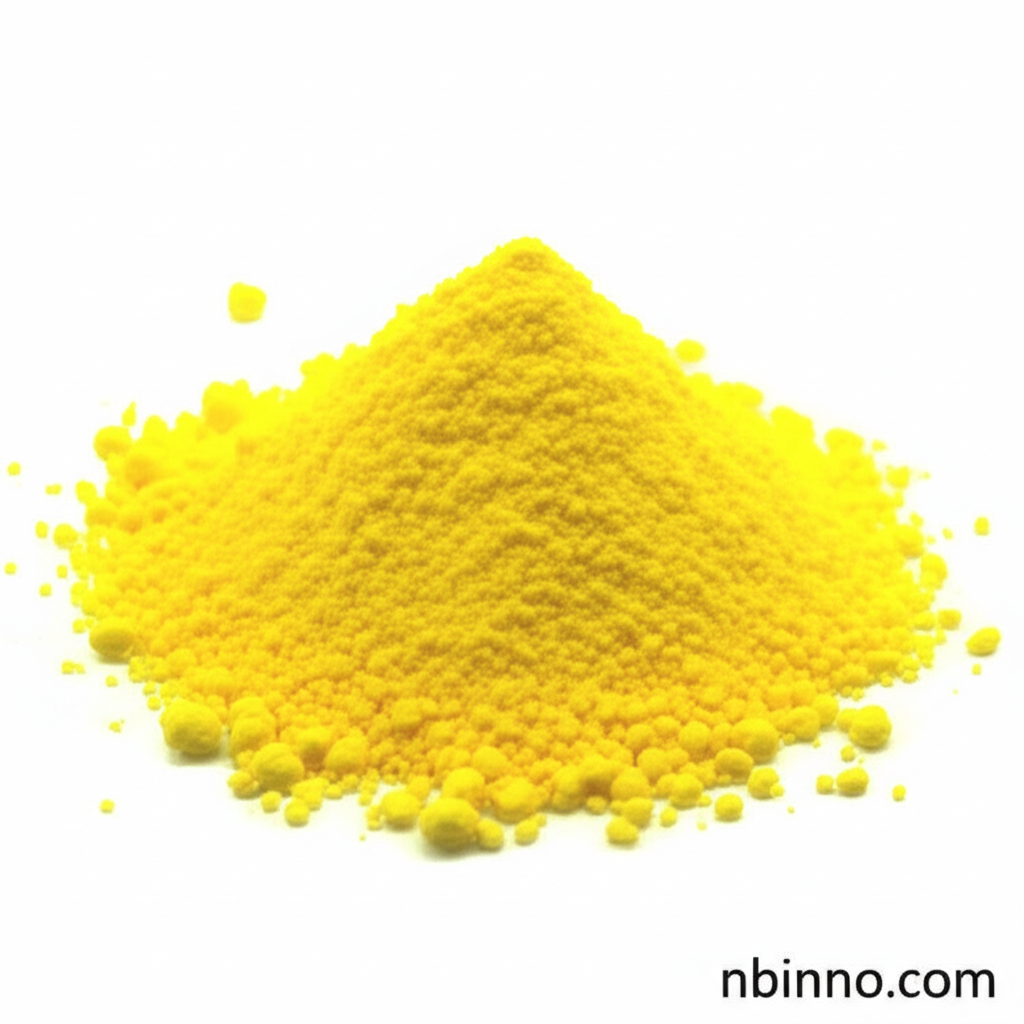Unlocking Advanced Material Potential with 1,4,5,8-Naphthalenetetracarboxylic Acid
Discover the pivotal role of this key organic intermediate in creating high-performance polymers and vibrant dyes.
Get a Quote & SampleProduct Core Value

1,4,5,8-Naphthalenetetracarboxylic acid
This high-purity organic compound, known by its CAS number 128-97-2, serves as a critical building block for advanced materials. Its unique structure allows for the synthesis of polymers with exceptional thermal stability and resistance properties, making it indispensable in demanding applications.
- Explore the synthesis of novel resin polyimides and TNM polymers using this compound, renowned for excellent insulation, radiation resistance, and high temperature performance.
- Leverage 1,4,5,8-Naphthalenetetracarboxylic acid as a key dye intermediate in the production of various high-quality dyes and pigments.
- Understand the chemical properties, including its molecular formula C14H8O8 and molecular weight of 304.208, which contribute to its versatile applications.
- Inquire about buying 1,4,5,8-Naphthalenetetracarboxylic acid for your specific material science and chemical synthesis needs.
Advantages Delivered
Exceptional Thermal Stability
Polymers derived from this naphthalene tetracarboxylic acid exhibit superior thermal properties, withstanding temperatures up to 400°C, crucial for high-performance applications.
Versatile Intermediate
Serving as a vital intermediate for dyes and pigments, it enables the creation of vibrant and durable colorants for various industries.
Advanced Material Synthesis
Its application in creating novel resin polyimides and TNM polymers highlights its role in developing materials with excellent insulation and radiation resistance, essential for cutting-edge technologies.
Key Applications
Dye and Pigment Manufacturing
Used as a key intermediate in the synthesis of a wide array of dyes and pigments, contributing to color vibrancy and stability.
High-Performance Polymers
Essential for the production of advanced polyimides and TNM polymers, offering superior thermal and radiation resistance.
Advanced Resin Production
Contributes to the development of novel resins with enhanced properties, suitable for specialized industrial uses.
Material Science Research
Its unique chemical structure makes it a subject of interest for developing next-generation materials in various fields.
